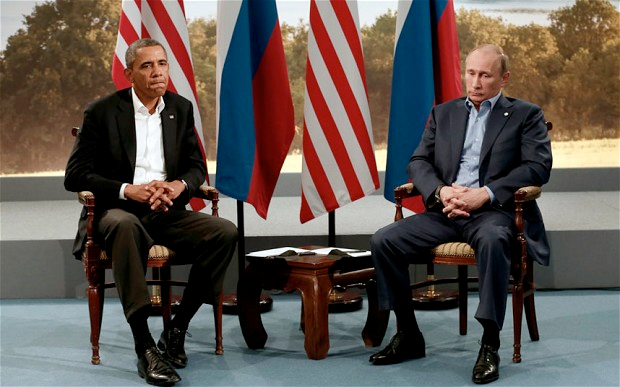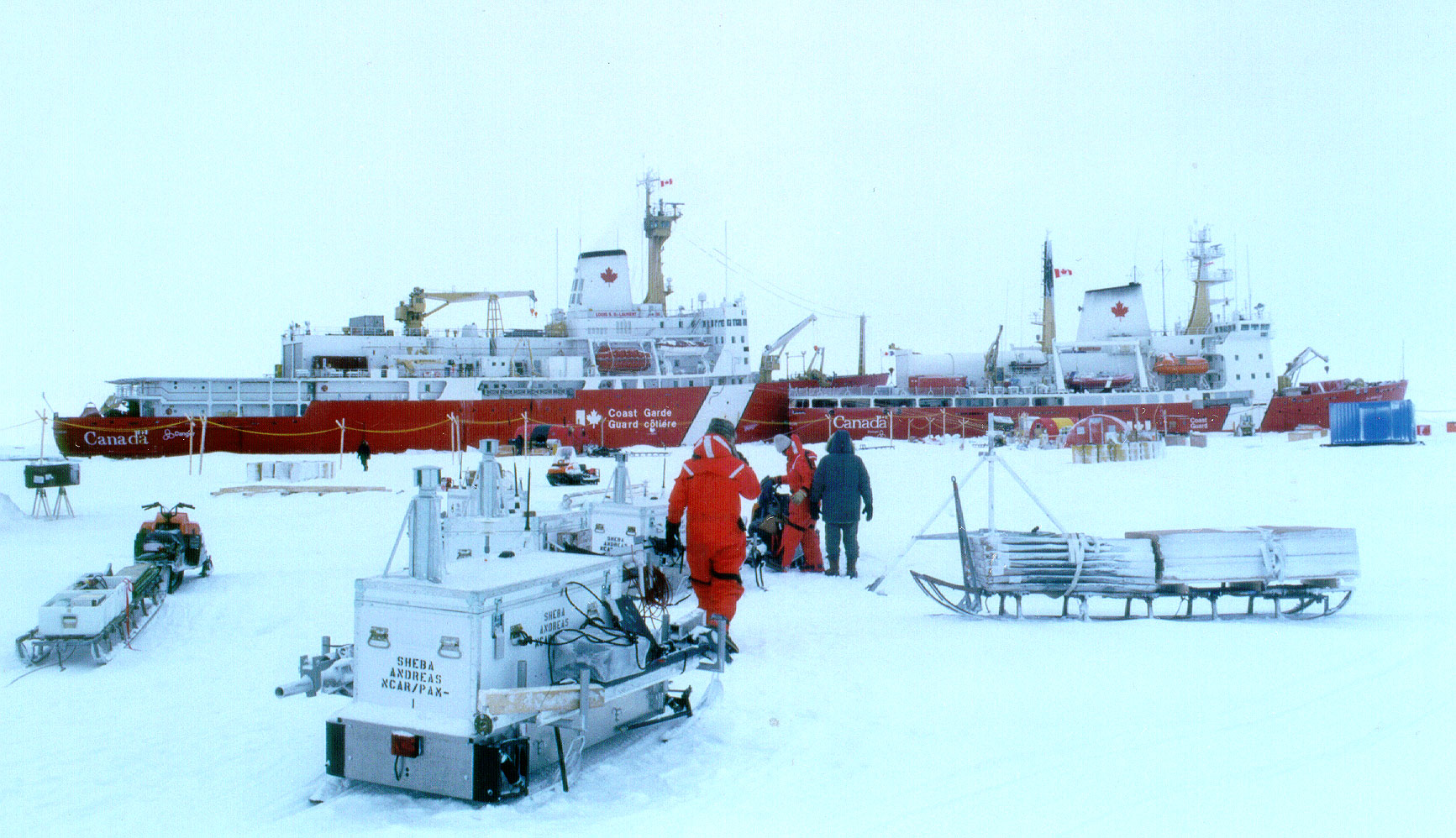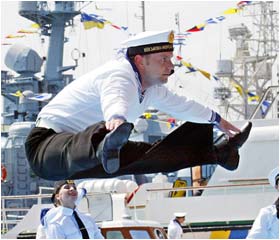[captionpix align=”left” theme=”elegant” width=”400″ imgsrc=”http://natoassociation.ca/wp-content/uploads/2013/09/sarah-anotated-putin.png ” captiontext=”Courtesy of The Telegraph”]
The twelfth anniversary of the September 11 attacks provided a momentary intermission to the persevering issue of intervention in Syria. Momentary indeed, as Russian President Vladimir Putin took the time to write a direct[1] exhortation to the American public published by The New York Times. In the past fourteen years, foreign leaders have written articles published in various American newspapers (Blair-Chirac-Schroder, Karzai, Abbas), but Putin’s method of appealing to American public opinion is a strategic first. The controversial piece has drawn over four thousand comments and spirited reactions from both Americans and Russians alike, yet structurally it is a miscellany of assertions, historical allusions, and abrupt transitions from conceptual diplomacy to actual, physical consequences.
Perhaps the single most pivotal message of the op-ed is the call to respect international organizations and institutions. Putin reminds his audience of the role of the United Nations as the foundation of stability in international relations, the necessity of a consensus in deciding war and peace, and the instrumental value of veto power in legitimizing policy-making. Though Russia and the United States are in conflict over intervention in Syria, Putin describes Russia’s obstinate position to serve a higher purpose in protecting international law.
International law is ultimately an accumulation of conditioned behaviour. Referencing the United States’ independent streak, Putin warns against reinforcing the notion of the United States “relying solely on brute force, cobbling coalitions together under the slogan ‘you’re either with us or against us’.” Citing the US-led interventions in Afghanistan, Iraq, and Libya, Putin kills two birds with one stone. First, for the United States, old habits die hard. With each intervention, choosing the next not only becomes easier but is justified through precedent. Second, Putin illustrates the central vulnerabilities of (humanitarian) intervention as it almost always leads to regime change and intervening states are not obliged (and often find it impossible) to restore order and governance post-intervention.
Adding Syria to this bunch would be incredibly rash as Syria lacks a strong, organized opposition. The constant delay of the report on chemical weapons inspection from the United Nations will also test the United States’ patience. Finally, it is no coincidence that Putin alludes multiple times to the spill-over effects of intervention breeding a “new wave of terrorism” as dwindling support for intervening in Syria from the American public is reconciled with commemorations of the September 11 attacks. Putin describes the Syrian civil war as “an armed conflict between government and opposition in a multi-religious country.” As long as there are multiple factions with various ambiguous motivations, it would be difficult for the United States to exercise a successful campaign that would ensure long-term stability. For now, sovereignty must prevail.
Putin delightfully spins the situation to Russia’s advantage by “othering” the United States. Persuading the United States to “return to the path of civilized diplomatic and political settlement”, Putin notes that when states stray from respecting international law, the “logical” alternative of acquiring weapons makes every party worse off. In other words, “the law is still the law, and we must follow it whether we like it or not.” Maybe this is exactly the point of contention between Russia and the United States. American exceptionalism has been mythologized and many times this exceptionalism challenges conformity to international norms and standards, sometimes evident in feverish calls for unilateralism.
Finally, with any rhetoric come elements of hypocrisy. Putin unabashedly describes “this internal conflict” as one “fueled by foreign weapons supplied to the opposition”, as if the billion dollar arms contract between Russia and Syria were suddenly irrelevant. Showing the same lack of patience for the UN report, Putin thinks that there is every reason to believe that the chemical weapons were used by opposition forces to entice foreign intervention. Although the piece concludes with “God created us equal”, it seems that not all deaths are created equal as deaths by foreign military strikes are somehow ethically more wrong than deaths caused by the domestic conflict. Moreover, there is the appeal to religion to procure the American audience’s attention – the bizarre allusion to the pope, the security of Israel, and the Lord’s blessings – making Putin sound like any American candidate running for office.
Mutually acceptable behaviours can be conditioned into creating more trustworthy foreign relations. Putin mentions this “mutual trust” multiple times and notes that Syria is a platform for conduct in other critical issues. If anything, Putin had incredible timing publishing this piece when public support for a strike on Syria is low, Congress is stalled on authorizing military intervention, and the United Nations report had yet to come out. As readers continue to comment on Putin’s op-ed, United States Secretary of State John Kerry and Russian Foreign Minister Sergey Lavrov are back to negotiations in Switzerland and ambassadors of the UN Security Council are back to drafting resolutions proving, as Putin implies, that diplomacy is ultimately delayed gratification.



